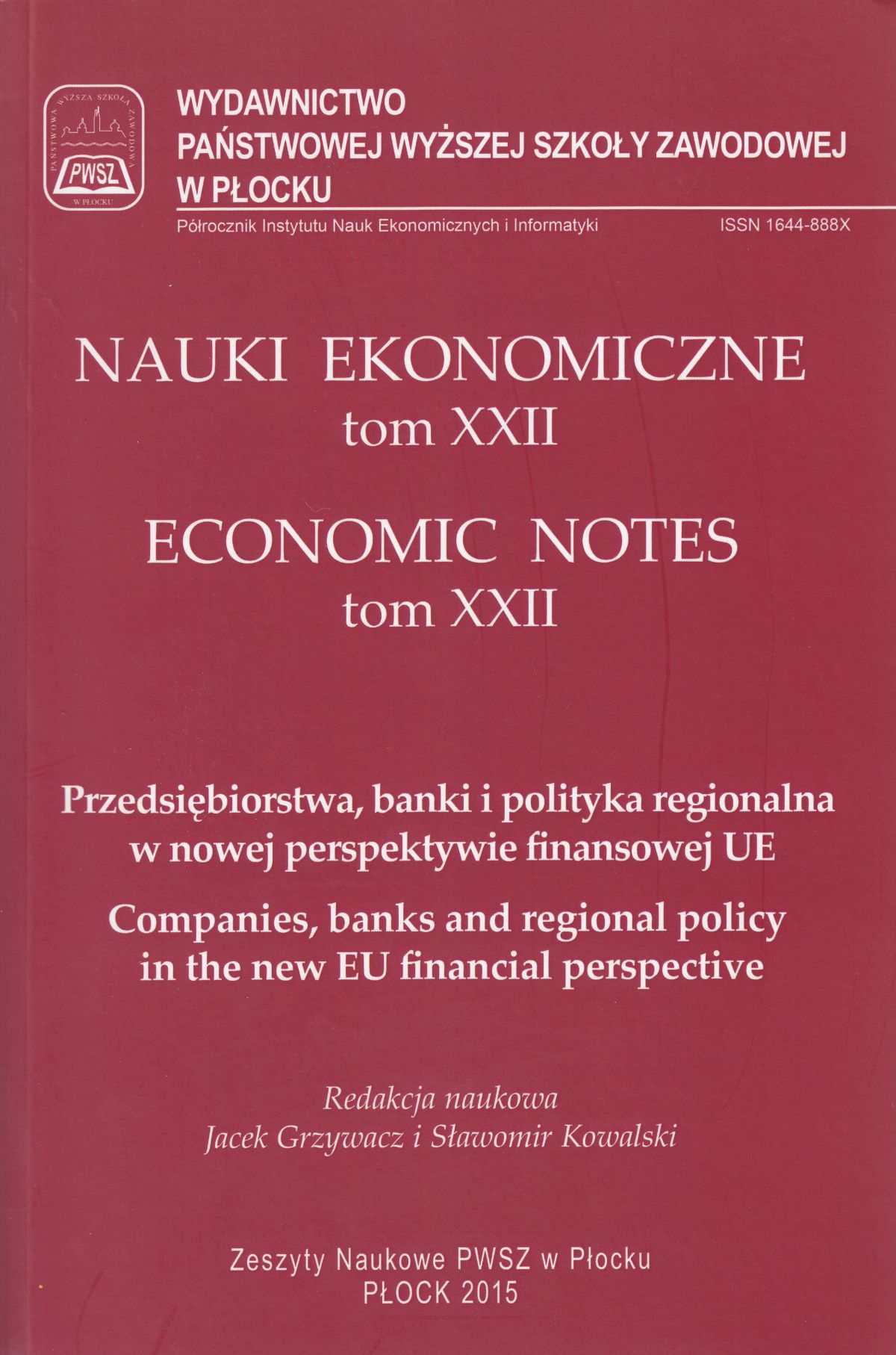EFEKTYWNOŚĆ POLSKIEGO SYSTEMU VAT W ŚWIETLE WZROSTU SKALI OSZUSTW PODATKOWYCH
Abstrakt
Summary
This paper contains a study regarding the effectiveness of the system of value added tax
(VAT), especially in terms of increasing scale of tax frauds. The main aim of this article is to
present whether the polish VAT system is working properly. The conclusions were based on
the analysis of economic data (including economic growth, unemployment, price index and
consumption) tax budget revenues, tax gap and the results of tax audits. Conclusion is that
the Polish VAT system is in crisis and requires corrective action. In the opinion of the author,
in the current situation there is no reason to change the system of taxation of consumption.
There are indicated examples of corrective actions, along with the attempt to be evaluated.
Some of them have already been implemented (i.e. warning letter, the joint action of whole
administration), part of it is still in the planning phase (i.e. changes to the reverse charge
mechanism, the measurement of the tax gap) and the other are being the author’s proposal
(i.e. the elimination of tax rates and the introduction of a single rate for all products).
Key words: The effectiveness of the tax system, VAT, tax fraud, tax carousels, corrective
actions
Bibliografia
Bibliografia
Decyzja Komisji z dnia 24 lipca 1998 r. w sprawie postępowania w przypadkach nadużyć
finansowych w zakresie podatku VAT (rozbieżności między teoretycznymi wpływami z podatku
VAT i rzeczywistymi wpływami z podatku VAT) dla celów zbiorczej rachunkowości
narodowo-gospodarczej
Główny Urząd Statystyczny, Rocznik Statystyczny Rzeczypospolitej Polskiej, Warszawa 2014
HMRC Deputy Director Mick Thackray, January 2012, The UK Tax Gap
Internal Revenue Service, http://www.irs.gov/uac/The-Tax-Gap, dostęp na 2015-01-29
Komisja Europejska, Update Report to the Study to quantify and analyse the VAT Gap in the
EU-27 Member States, 2014
Komisja Europejska, Zielona Księga w sprawie przyszłości podatku VAT. W stronę prostszego,
solidniejszego i wydajniejszego systemu podatku VAT, SEK(2010) 1455
M. Szulc, VAT: Centralna baza faktur zmusi przedsiębiorców do korzystania z elektronicznego
systemu rozliczania, artykuł z 19.01.2015 opublikowany na www.podatki.gazetaprawna.pl
Ministerstwo Finansów, Departament Kontroli Skarbowej, Sprawozdanie Kontrola Skarbowa
r, KS2/8501/7/JRS/2014/RD31753, Warszawa 2014.
Ministerstwo Finansów, Departament Kontroli Celnej, Podatkowej i Kontroli Gier, Krajowy
Plan Działań Administracji Podatkowej 2015, Warszawa 2014
Ministerstwo Spraw Wewnętrznych, Raport o stanie bezpieczeństwa w Polsce w 2012 roku,
Warszawa 2013
Raport PwC, Straty Skarbu Państwa w VAT maj 2013 roku, Warszawa 2013
Raport PwC, Luka podatkowa w VAT w Polsce, Warszawa 2014
Raport Najwyższej Izby Kontroli, Zwalczanie oszustw w podatku od towarów i usług, KBF-
-07-00/2013, Nr ewid. 17/2014/P/13/042/KBF, Warszawa 31.03.2014 r.
Starościak J., Zarys nauk administracji, PWN, Warszawa 1971;
Wyrok Trybunału (trzecia izba) z dnia 21 czerwca 2012 r. w sprawach połączonych C‑80/11
i C‑142/11
